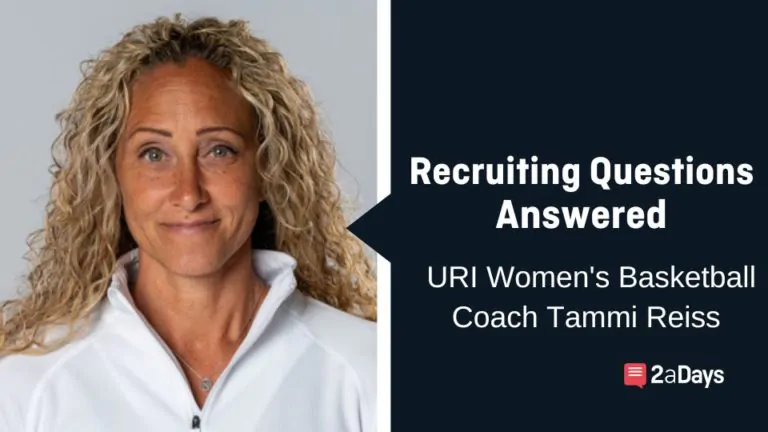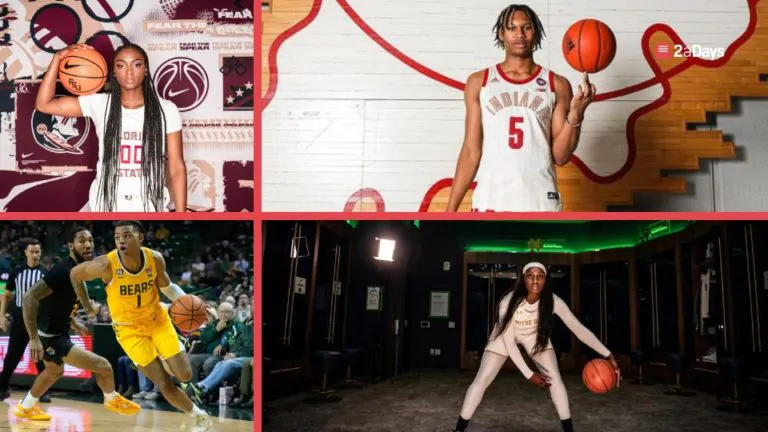Edited by Jaime Evers
Considering the decision to transfer and finally making that decision isn't always an easy process; in fact, it rarely is. Parker is a college baseball player who has worked his way through several divisions, including Junior college, Division 2, and soon to be a Division 1 program. During his senior year of college baseball, Parker tore his UCL, which required Tommy John Surgery. Taking time to recover from surgery gave Parker the opportunity to think about his options, and he decided it was best for him to transfer to a school with a masters program.
“I did not want to waste a full year going to school and taking meaningless classes just to play baseball.”
The Coach Was Agitated
At the time, Parker was a senior captain and top starter of the pitching staff at his current college. He asked his coach for a meeting, during which he asked if he could get his release from his National Letter of Intent so he could talk with other schools. The coach was agitated by this.
“We need to take the weekend to think about things and meet again next Monday.”
Over the weekend, Parker's coach discovered Parker had been discussing with a player from another team in their conference about their masters program and playing with them his final year of baseball. On Monday, Parker's coach called a meeting with the compliance officer of the school and all the baseball coaches. In the meeting, the coach mentioned his knowledge of Parker looking at another school in the conference. Upon the conclusion of the meeting, Parker was informed that the coach would be cutting all ties between Parker and the program, including taking his scholarship away. The coach then asked Parker not to transfer to a school within the conference.
On top of Parker's misfortune, he was in the middle of rehabbing from a major surgery. After he committed to the other school, he was no longer allowed to rehab in the athletic training room. He was forced to do his entire recovery by himself, with no guidance or the ability to use any rehabilitation tools in the training room that a traditional Tommy John rehab would require.
Related: How to Handle Transferring as a College Athlete
Investigation into Illegal Recruiting
Parker took his concerns to the Athletic Director of the university, where he fought to keep his scholarship. The university explained that they were thinking about launching an NCAA investigation into illegal recruiting between Parker and the school in their conference. Parker explained his point of view, stating he did nothing wrong and there were no talks between the new coach and himself; he had only messaged a player on the team. The university continued to press against him, trying to get him to admit to illegal recruiting. Parker told them to launch the investigation, as he knew he had done nothing wrong. The university did not launch the investigation and allowed Parker to keep his scholarship. Parker was removed from the team without violating any school rules or policies, which is the only way a school can revoke a scholarship in the middle of the year.
Not Permitted to the Transfer Portal
The athletic administration would not put Parker's name in the transfer portal and said that if any school wanted to talk to him, they would have to reach out to them to be granted permission. This became an issue for Parker, as many schools wanted to discuss recruitment with him, but the process took longer because he was not admitted to the transfer portal and the school refused to give him the full release.
“I could tell they did not want me to transfer within the conference.”
The other school in the conference, where Parker was interested in transferring, reached out to be granted permission, but the university refused to give them access for over a month. Parker went to the Athletic Director again and expressed his frustration. He expressed his future plans of committing to the new school after graduation, as his NLI would expire at that time. After this conversation, they decided to allow Parker to talk with the school.
Related: Transfer Portal and Transfer Waivers | What's the Difference?
Knowing Your Rights
Deciding to transfer, especially within the conference can be a hard decision. It can be emotional for both the athlete and coaching staff. However, athletes are able to make these decisions without the consequences of losing their teammates before they leave. Coaches should be happy for you to make decisions that are best for you, even if they may have feelings of shock and disappointment. It is therefore important for athletes to become aware of their rights and limitations before choosing if and where to transfer.
* Originally published on August 25, 2021, by Jaeden Lizakowski







